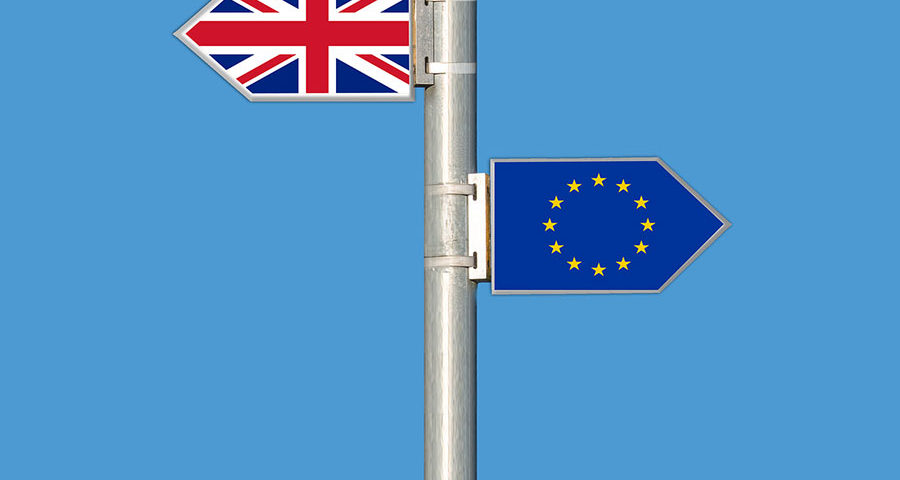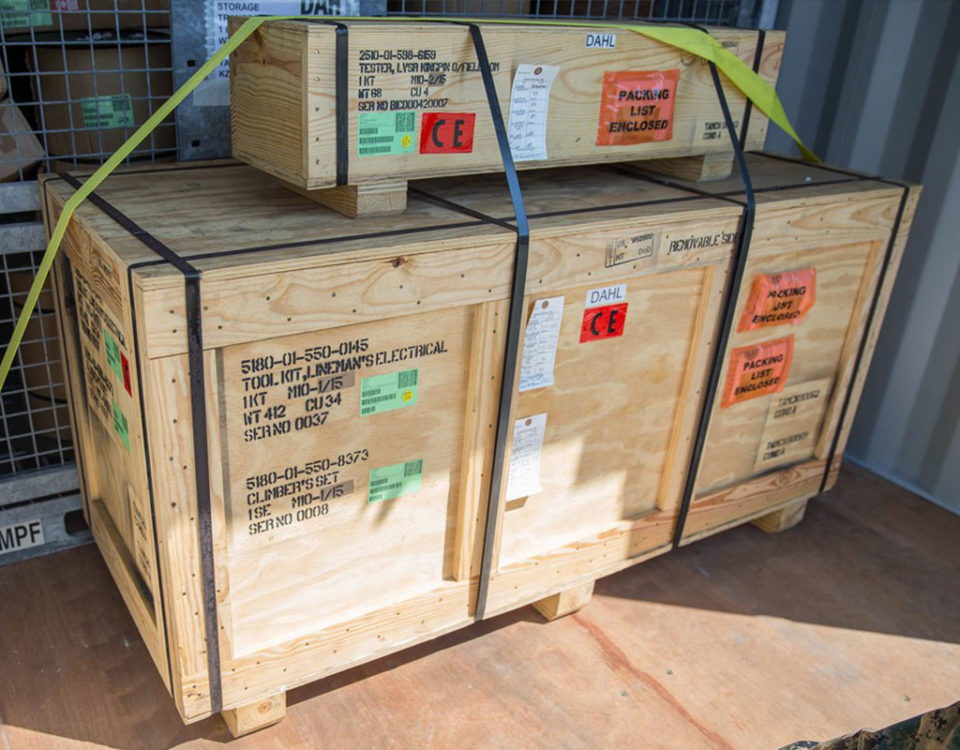 Back in late June when Britain voted 52% to 48% to become the first country to withdraw from the European Union, the 28-member politico-economic union consisting of mostly European countries, many began to ask this seemingly simple question:
Back in late June when Britain voted 52% to 48% to become the first country to withdraw from the European Union, the 28-member politico-economic union consisting of mostly European countries, many began to ask this seemingly simple question:
How does Brexit affect my company?
Unfortunately, the answer is not so simple. Some domestic companies will see no changes, but Brexit could complicate a multitude of issues for international companies that want to maintain its presence or expand into Europe.
Britain as a gateway
Traditionally, Britain has been a way for non-European countries to enter the European marketplace. Why, well the simple answer is people in Britain speak English. For a company based in the United States, not having to conquer a language barrier is paramount. Combine that with the existing ease of trade afforded to Britain as an EU member, and Britain was a great place to set up shop.
However, Brexit has put those easy trade routes in jeopardy. Leaving the EU means Britain will have to re-negotiate trade agreements with the rest of the EU, meaning any company in Britain that wishes to export will depend on the agreements Britain is able to cobble together over the next two years. While several outside countries (Norway, Iceland and Liechtenstein) access to EU trade routes under the European Economic Area treaty, there is no guarantee Britain will be granted the same access.
Britain is currently scrambling to shore up trade agreements with other countries, India in particular, that will give it the same trading power it has as a member of the EU, but the only thing solid right now is the uncertainty surrounding the situation.
Pound could take a pounding
In the month or so since the Brexit vote, the British economy has been relatively stable, with the Bank of England report showing that the economy displays no general signs of slowing down yet. Some are painting a less-than-rosy picture of Britain’s future economy.
The International Monetary Fund and the European Commission both issued reports stating the British economy will slow down significantly in 2017. While the IMF said the British economy will grow, it will only grow by 1.7%, down from earlier projections of 2.2%, and the EC said the British economy could actually shrink by 0.3%.
With the pound falling about 11 percent against the dollar and 9 percent against the euro since the referendum, the cost of Britain for imports of goods and services is already on the rise and could go much higher.
Tariff-ic situation
While the value of the British Pound will be a big factor in doing business in a post-Brexit world, there are many other financial ramifications. U.S. manufacturers that maintain UK factories could be forced to start paying tariffs on products sent from Britain to countries in the EU. Those products would also have to pass customs, slowing down and increasing costs of these shipments.
Some are even hinting that Brexit could force the re-evaluation of branding and intellectual property rights regulations, create HR challenges for British-based companies employing workers from the EU and some have forecast that American companies alone will lose up to $40 billion in the third and fourth quarters of 2016 due to Brexit ($40 billion in the third and fourth quarters of 2016 due to Brexit.
Time will tell if British voters got this one right, or not.





